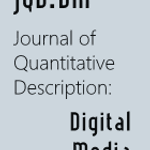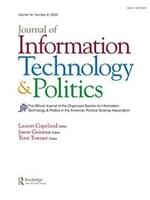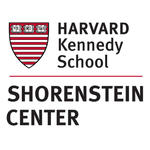International Panel on the Information Environment launches at 2023 Nobel Prize Summit
This new, independent global science organisation is Co-founded and Chaired by Professor Philip Howard, Director of the Oxford Martin Programme on Misinformation, Science and Media. It is committed to providing actionable scientific knowledge about threats to the world’s information environment.





